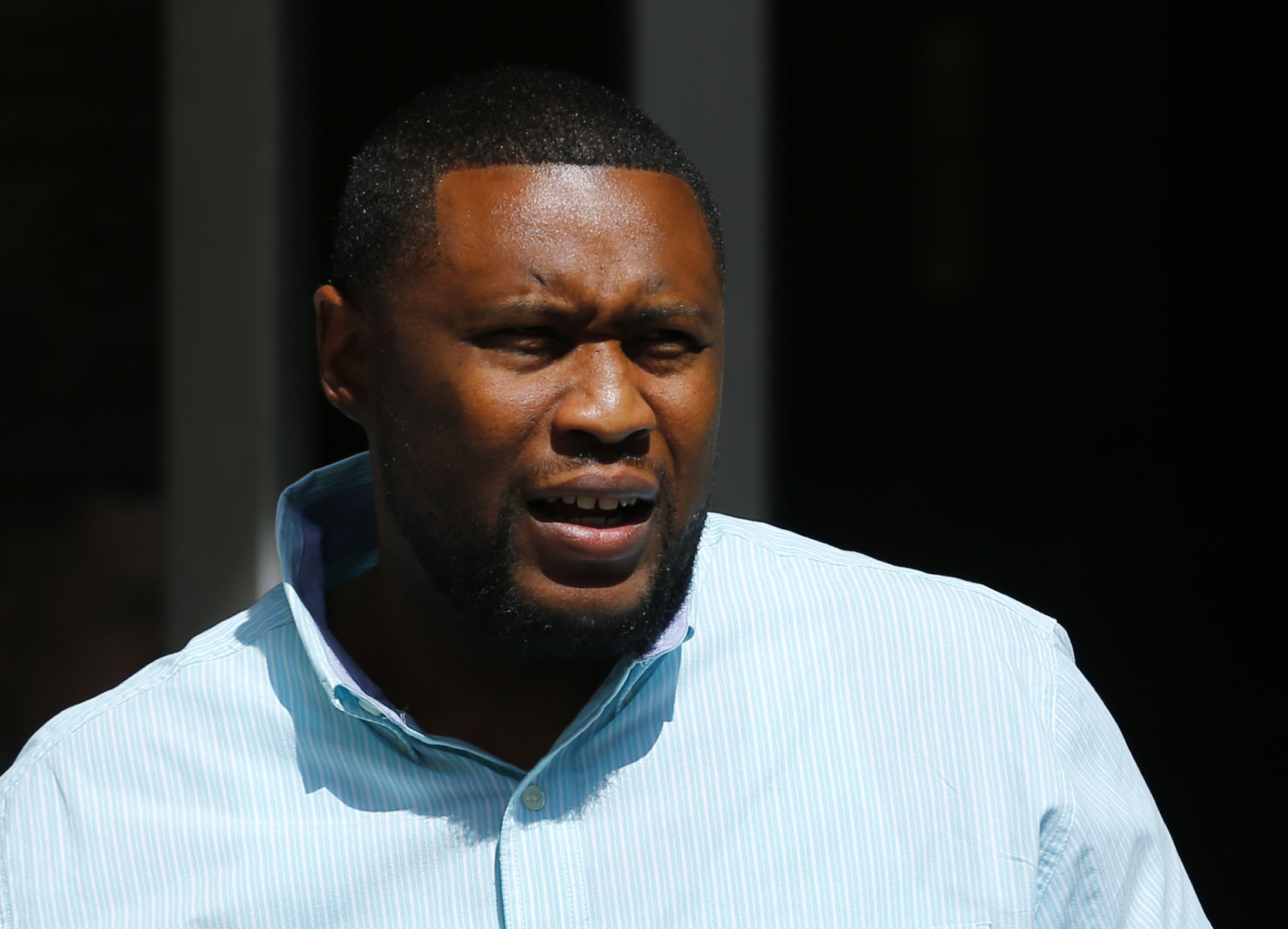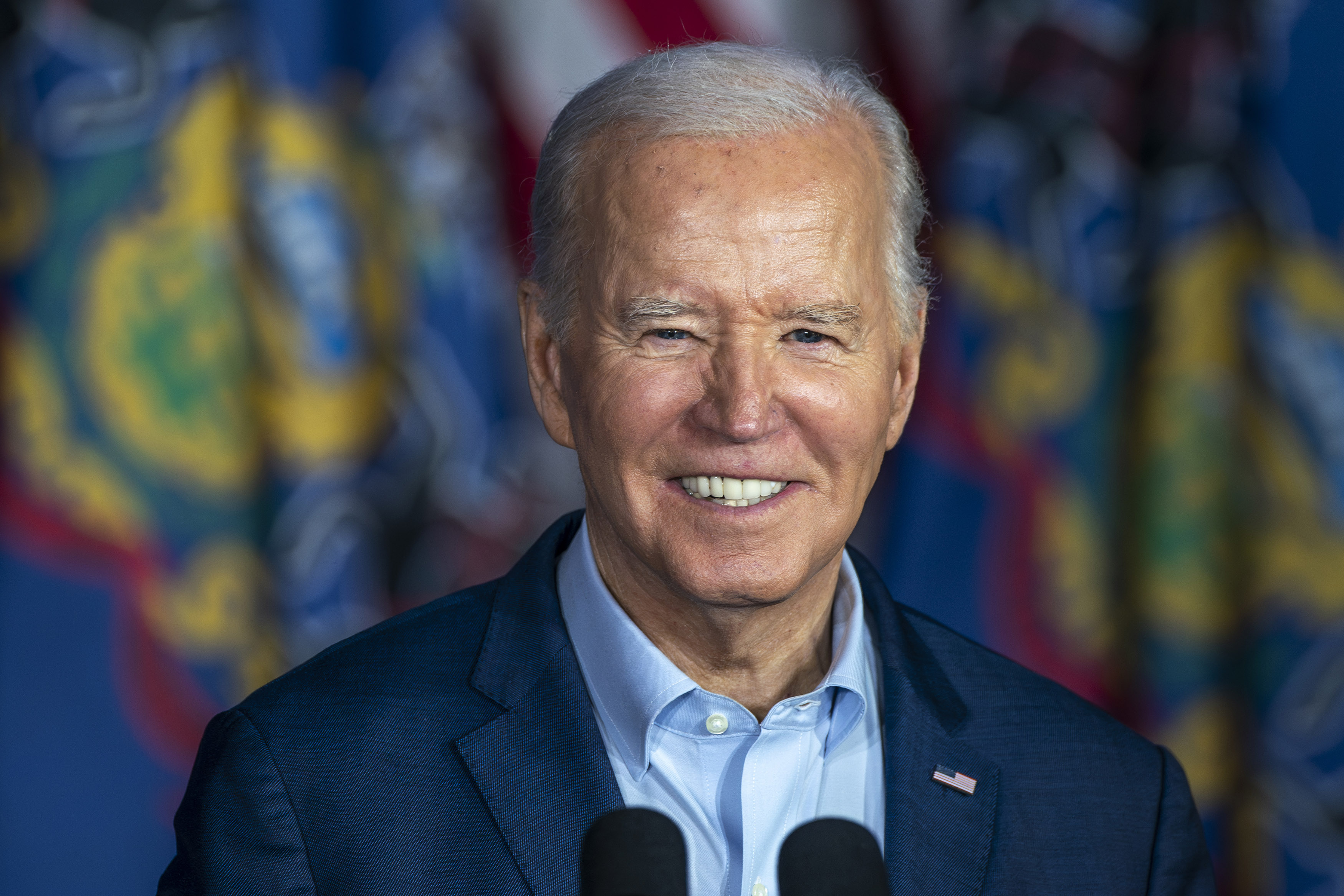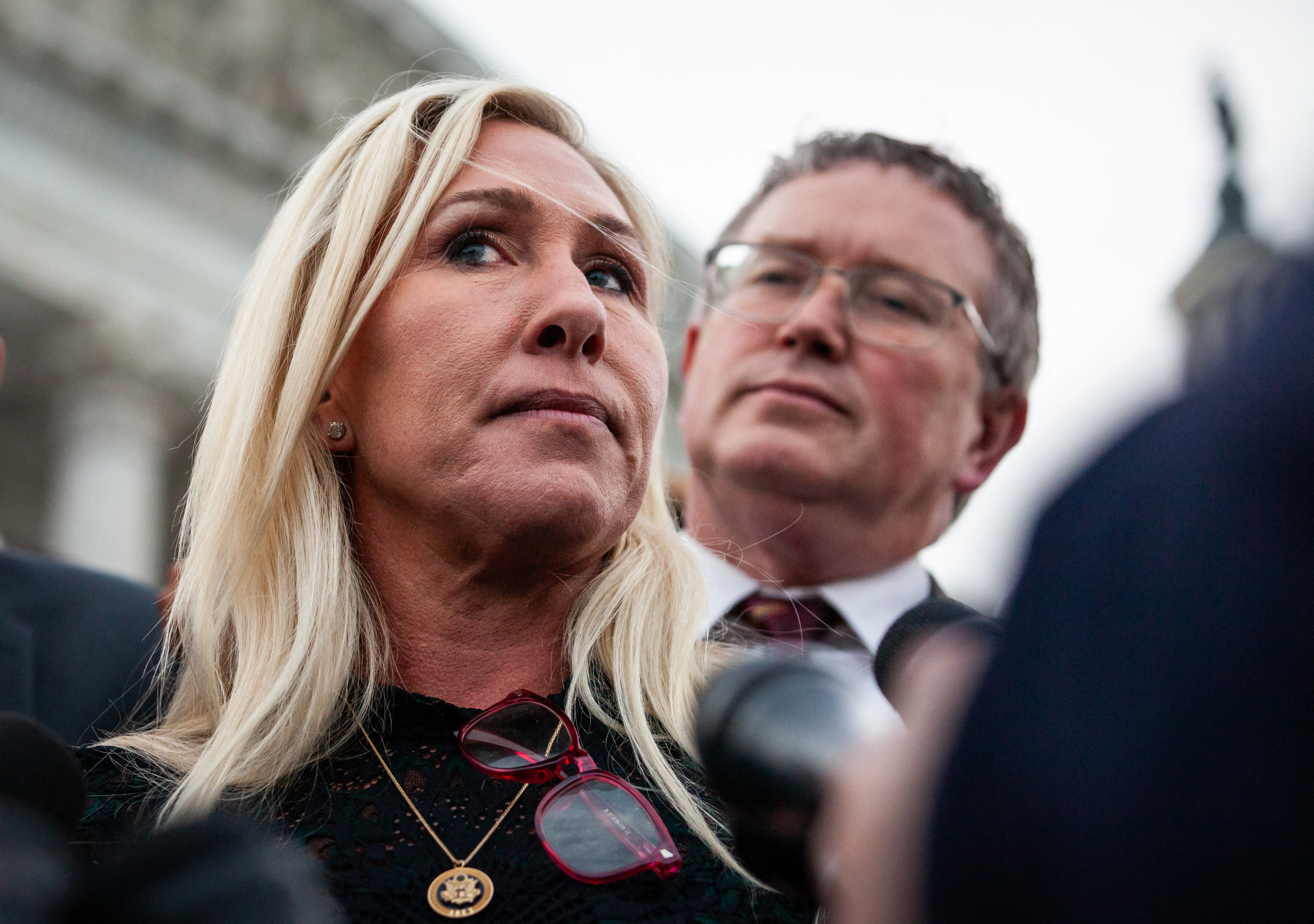
Hip-hop rapper Tiny Doo's real name is Brandon Duncan, and he ended up in jail for eight months awaiting trial on charges he conspired to commit a series of gang-related shootings around San Diego, California.
Prosecutors at the San Diego County District Attorney's Office didn't say he shot the gun or drove the getaway car in these shootings; Instead they said he profited from the shootings through his gangster rap album, No Safety.
"There was no way in the world that these people were going to be able to to charge me with shootings based on what I rap about in my music," says Duncan.
The District Attorney's Office charged Duncan under 182.5 of the California Penal Code, which states that anyone "who willfully promotes, furthers, assists, or benefits" from felonious criminal conduct by a gang is guilty of conspiracy to commit that felony.
"We're not just talking about a CD of anything, of love songs. We're talking about a CD [cover]…there is a revolver with bullets," said Deputy District Attorney Anthony Campagna in court.
Duncan disputes that his album was dangerous and likens gangster rap to violent action films.
"It's not real life, it's just entertainment," says Duncan. "The more shooting you have in the movie [...] the more people are compelled to really, really want to tune in. The more shooting you talk about in your raps, the more people that like certain type of stuff like that is gonna want to go grab that album."
Duncan isn't the first rapper to have his art used against him. Professors Charis Kubrin of UC Irvine and Erik Nielsen of the University of Richmond detail the widespread use of rap music by prosecutors in criminal proceedings across the United States in their paper "Rap on Trial" in the journal Race and Justice.
The paper alleges that prosecutors end up using rap lyrics and videos as evidence because they know the scary effect they will have on jurors, who generally don't understand the artistic conventions of rap music.
"It's art. It's like Basquiat. He was a painter and his was well at it. If I'm a rapper and I'm well at it, that's what I'm gonna do," says Duncan.
Listen to the offending album here. To understand more about the use of rap lyrics in criminal cases, watch Killer or Artist? Why Rap is on Trial.
Interview and editing by Paul Detrick. Camera by Alex Manning and Alexis Garcia. This article and video first appeared on the Reason site.
Uncommon Knowledge
Newsweek is committed to challenging conventional wisdom and finding connections in the search for common ground.
Newsweek is committed to challenging conventional wisdom and finding connections in the search for common ground.
About the writer
To read how Newsweek uses AI as a newsroom tool, Click here.






